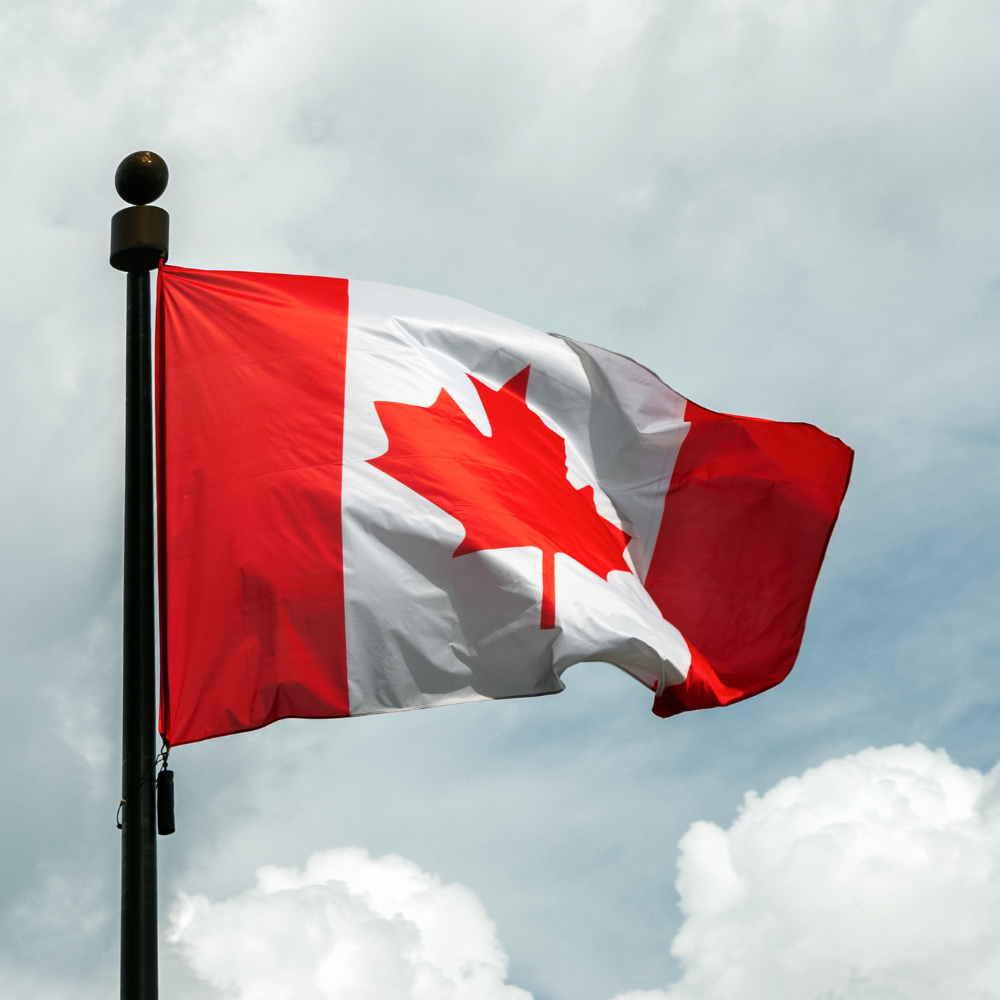Trump dominates discussion at Canadian Liberal leadership debate
Four candidates aiming to replace Justin Trudeau as leader of Canada’s Liberal Party took part in their first debate Monday evening, addressing challenges posed by U.S. President Donald Trump, as well as key domestic issues including immigration, healthcare, and rising living costs.
The debate, conducted in French, featured former governor of the Banks of Canada and England Mark Carney, former Finance Minister Chrystia Freeland, Liberal House leader Karina Gould, and businessman and former MP Frank Baylis.
Trump dominated the early stages of the debate due to his recent threats to impose tariffs on Canadian goods and his provocative statements about annexing Canada as the “51st state.”
Freeland, whose resignation as finance minister in December triggered Trudeau’s decision to step down, strongly emphasized her previous experience in successfully renegotiating North America’s free-trade agreement during Trump’s first term. She warned that Trump’s potential second term could pose an unprecedented threat, stating it would be even more hostile than his initial presidency, and cautioned against Trump’s support of Russian President Vladimir Putin’s actions in Ukraine, interpreting this as indicative of his broader ambitions for Canada.
Carney echoed Freeland’s concerns, calling Trump increasingly isolationist and aggressive. The current front-runner according to polls, Carney emphasized that Trump’s intentions have shifted from seeking market access to actively pursuing Canadian territory. He advocated for retaliatory tariffs if Trump follows through on threats to tax Canadian exports. Carney also highlighted his broader economic vision for Canada, proposing that the nation become a global “clean energy superpower,” leverage its abundant natural resources, and eliminate internal trade barriers between provinces.
Baylis proposed the creation of a new economic bloc comprising Canada, the United Kingdom, Australia, and New Zealand. He argued that this alliance could protect Canada economically and politically by building stronger ties with countries sharing similar values, cultures, and governmental structures.
Gould, the youngest candidate, positioned herself as the candidate best suited to address immediate challenges facing Canadians, particularly affordability. She emphasized practical solutions for reducing the cost of living, making healthcare more accessible, and improving economic conditions, distinguishing herself as the candidate for the present and future.
The candidates agreed unanimously that Canada must continue supporting Ukraine in its ongoing conflict with Russia. Freeland proposed using assets seized from Russia to help fund Ukraine’s military efforts, while Carney stressed that decisions on Ukraine’s future must include Ukrainian voices. Additionally, Freeland called for strengthening Canada’s relationship with Denmark, referencing Trump’s reported interest in acquiring Greenland, a Danish territory.
Climate policy also surfaced during the debate, with both Freeland and Carney distancing themselves from Trudeau’s controversial carbon tax policy. Both candidates acknowledged that the carbon tax, despite its environmental intentions, has become unpopular with Canadian voters.
Throughout the evening, candidates also challenged Conservative Party leader Pierre Poilievre, who leads current polls. They questioned Poilievre’s ability to effectively defend Canadian interests, particularly against Trump’s threats. Poilievre has targeted Carney specifically, arguing a Carney-led Liberal Party would merely continue Trudeau’s policies without meaningful change.
Monday’s French-language debate holds significant weight in Quebec, where Francophone voters often play a crucial role in determining the country’s next government. A second, English-language debate is scheduled for Tuesday. Liberal Party members will vote for their new leader on March 9, with the winner expected to replace Trudeau as Prime Minister until Canada’s next federal election, scheduled no later than October 20.










